What does Microsoft buying Nokia mean for the OEM community?
Microsoft buying Nokia's handset business has been on the cards for a while. But could it affect the software company's OEM relations?

Inside the Enterprise: Microsoft's agreement to buy Nokia's handset division for US$7.2bn, was hardly a surprise. Speculation about a deal between the two companies has grown steadily since Nokia agreed to move all its smartphone models on to Windows Phone, and since ex-Microsoft executive Stephen Elop took the helm at Nokia.
From a timing point of view, though, the deal is a little curious. Nokia seemed to have turned the corner on smartphone sales.
Owning the hardware platform will help Microsoft push Windows 8 in a more coherent fashion across phones, tablets and Xbox One.
Windows Phone is now third place in mobile operating systems, according to Gartner, and most of those phones are Nokia Lumias. BlackBerry, the other alternative to Android and iOS, has its own very real problems. Perhaps and this is pure speculation of course outgoing Microsoft CEO Steve Ballmer wanted to seal the deal before he retires. Indeed, Elop is widely tipped as a possible successor to Ballmer.
Nokia will not disappear, however. Although Microsoft will take on both the Lumia smartphones and Nokia's feature phones, which are expected to continue under the Nokia brand, Nokia Group will continue to provide equipment to telecoms companies and, crucially, own key patents.
Microsoft is merely licensing these, which, according to industry commentator Tim Deluca Smith, accounts in part for the relatively low deal value.
Whether other manufacturers will continue to develop and market Windows Phone handsets, or even Windows RT tablets, is less certain. Competing with a Microsoft-backed Nokia is one thing. Competing with a Microsoft operating business is another.
Although some analysts have compared the deal to Google's acquisition of Motorola's mobile phone unit, there are differences. Android has plenty of OEMs, and Motorola was not the market leader. Windows Phone might have a small market share, but Nokia was already the most recognised maker of Windows handsets.
Get the ITPro daily newsletter
Sign up today and you will receive a free copy of our Future Focus 2025 report - the leading guidance on AI, cybersecurity and other IT challenges as per 700+ senior executives
The fact that Nokia has not yet released a Windows tablet remains curious. It's likely that a Surface 2 could be a Nokia-designed device; a Windows Phone Lumia Phablet could also do well in business markets.
But companies do not spend close to 5bn on acquisitions to fill in gaps in their portfolio and to gain access to design skills. Buying Nokia is much more strategic.
"At a stroke, Microsoft has taken control of its own post PC future and acquired the skills and manufacturing for phones and tablets," says Ian Murphy, principal analyst at Creative Intellect. "Owning the hardware platform will help Microsoft push Windows 8 in a more coherent fashion across phones, tablets and Xbox One."
But it also raises questions for Microsoft's desktop business. It may be too early to call PC making a legacy industry, but with PC OEMs struggling to make a profit, especially on desktops, Microsoft intervention in that market cannot be ruled out.
Could we see a Microsoft-branded PC soon? If so, it would mark a return to a vertically-integrated model of computer production. And there will be people at Apple who are quietly smiling.
Stephen Pritchard is a contributing editor at IT Pro.
-
 Cleo attack victim list grows as Hertz confirms customer data stolen
Cleo attack victim list grows as Hertz confirms customer data stolenNews Hertz has confirmed it suffered a data breach as a result of the Cleo zero-day vulnerability in late 2024, with the car rental giant warning that customer data was stolen.
By Ross Kelly
-
 Lateral moves in tech: Why leaders should support employee mobility
Lateral moves in tech: Why leaders should support employee mobilityIn-depth Encouraging staff to switch roles can have long-term benefits for skills in the tech sector
By Keri Allan
-
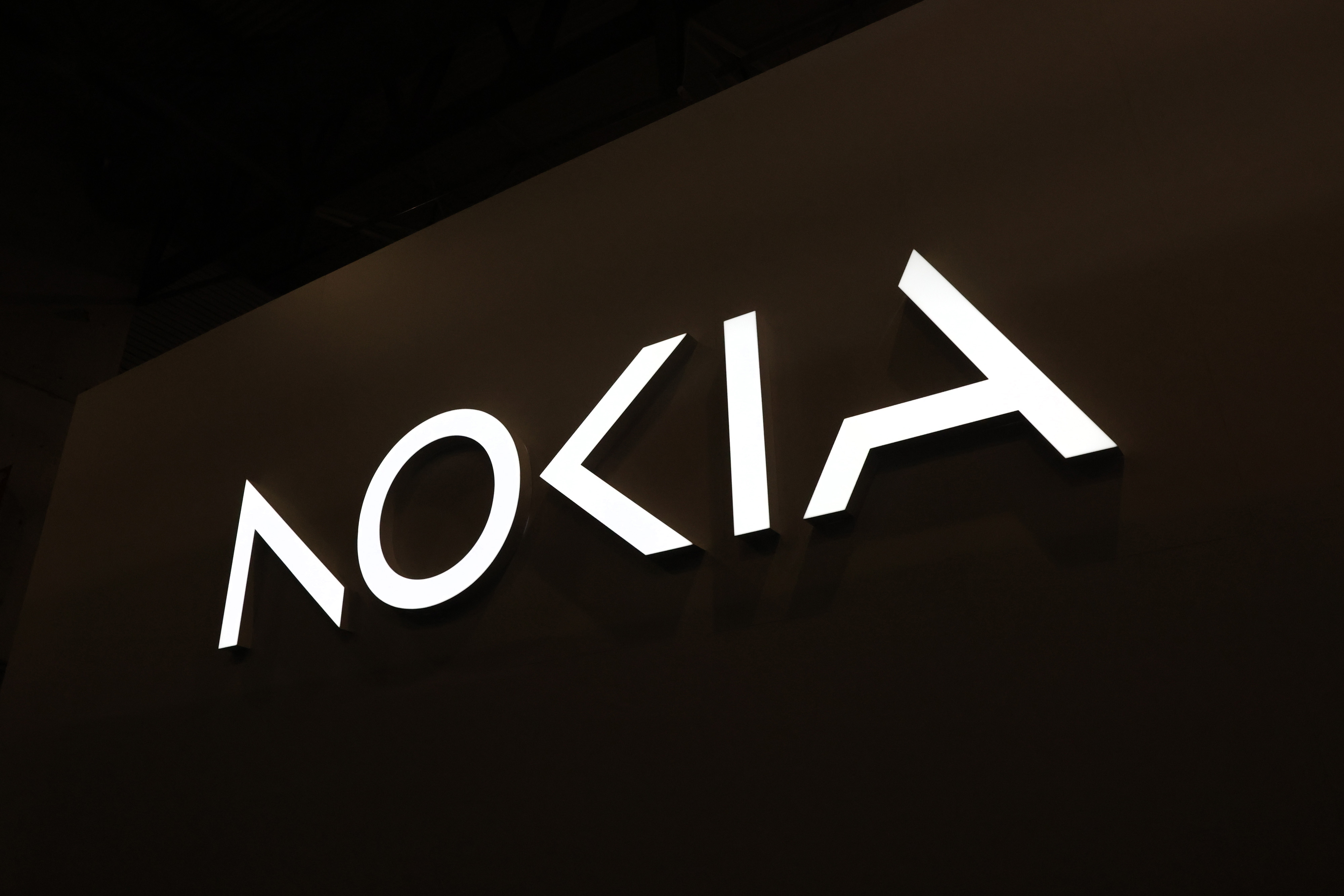 Nokia to cut 14,000 jobs as demand for telecoms equipment plummets
Nokia to cut 14,000 jobs as demand for telecoms equipment plummetsNews Nokia said the move could deliver up to $1.37 billion in cost savings
By Ross Kelly
-
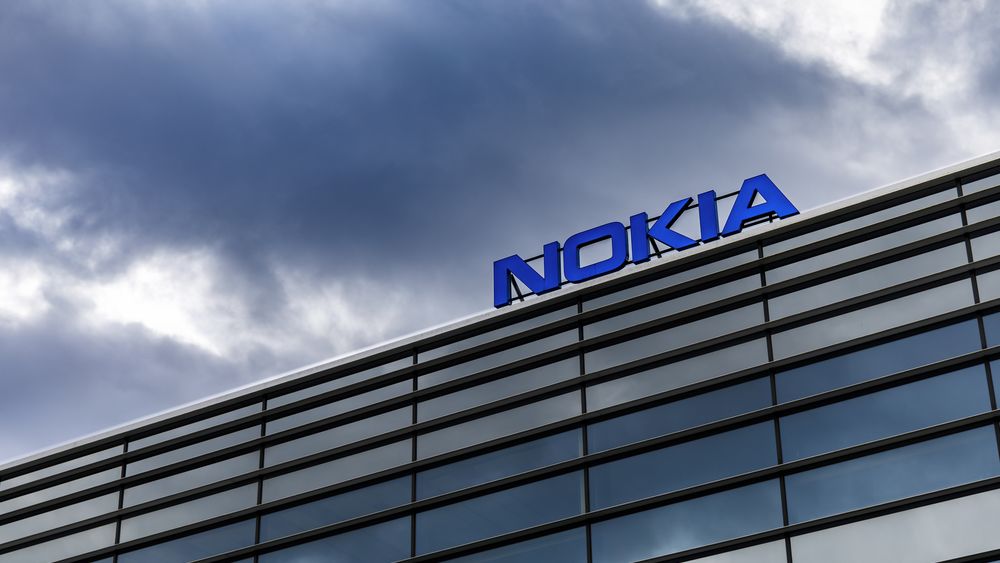 Nokia to cut 10,000 jobs in bid to boost R&D funds
Nokia to cut 10,000 jobs in bid to boost R&D fundsNews The Finnish telecoms giant plans to save €600m over the next two years to reinvest into emerging technologies
By Bobby Hellard
-
 Nokia acquires Comptel to leverage software business
Nokia acquires Comptel to leverage software businessNews Mobile infrastructure firm will offer its customers better analytics capabilities
By Clare Hopping
-
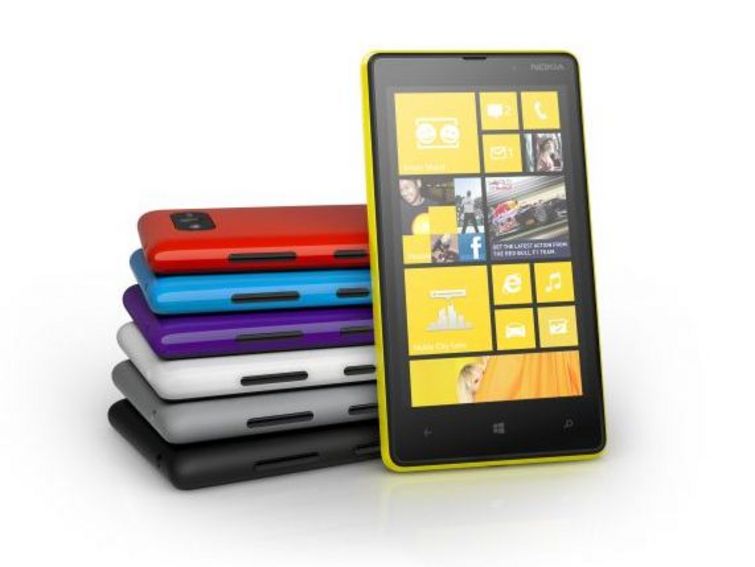 Curtain falls on Nokia's smartphones
Curtain falls on Nokia's smartphonesIn-depth Microsoft is dropping the Nokia brand from its Windows smartphones. It is the end of an era
By Stephen Pritchard
-
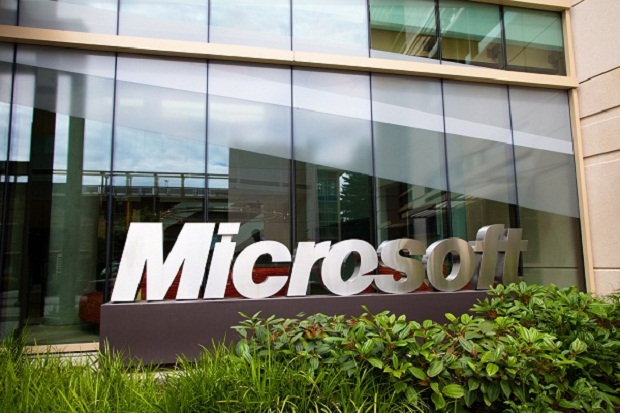 Microsoft ditches Nokia branding on Lumia devices
Microsoft ditches Nokia branding on Lumia devicesNews The company has decided to drop the Nokia name, but will keep the Lumia branding
By Clare Hopping
-
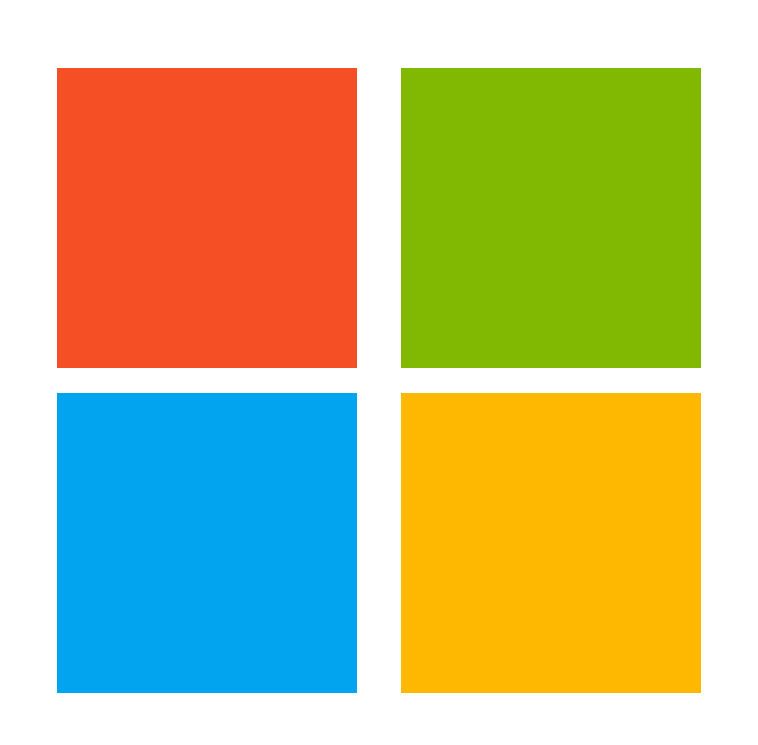 Microsoft job cuts: 18,000 workers will be gone by June 2015
Microsoft job cuts: 18,000 workers will be gone by June 2015News Nokia staff to make up the brunt of those axed
By Khidr Suleman
-
 Microsoft makes changes to Nokia acquisition deal
Microsoft makes changes to Nokia acquisition dealNews Nokia to be rebranded as Microsoft Mobile, according to memo
By Caroline Donnelly
-
 Nokia bags Chinese approval for Microsoft phone deal
Nokia bags Chinese approval for Microsoft phone dealNews Finnish phone maker wins regulatory approval to sell off its phone business
By Kyle Nazario